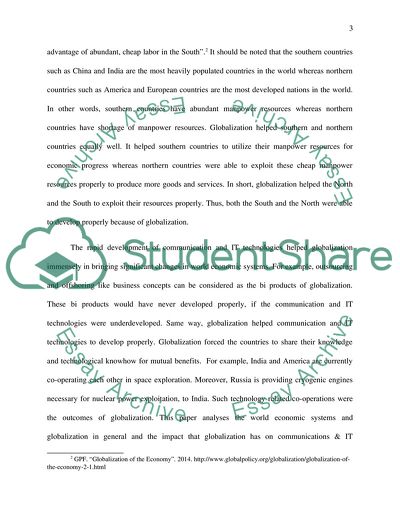Cite this document
(World Economic Systems and Globalization Report Example | Topics and Well Written Essays - 3500 words, n.d.)
World Economic Systems and Globalization Report Example | Topics and Well Written Essays - 3500 words. https://studentshare.org/macro-microeconomics/1829420-world-economic-systems-and-globalization
World Economic Systems and Globalization Report Example | Topics and Well Written Essays - 3500 words. https://studentshare.org/macro-microeconomics/1829420-world-economic-systems-and-globalization
(World Economic Systems and Globalization Report Example | Topics and Well Written Essays - 3500 Words)
World Economic Systems and Globalization Report Example | Topics and Well Written Essays - 3500 Words. https://studentshare.org/macro-microeconomics/1829420-world-economic-systems-and-globalization.
World Economic Systems and Globalization Report Example | Topics and Well Written Essays - 3500 Words. https://studentshare.org/macro-microeconomics/1829420-world-economic-systems-and-globalization.
“World Economic Systems and Globalization Report Example | Topics and Well Written Essays - 3500 Words”. https://studentshare.org/macro-microeconomics/1829420-world-economic-systems-and-globalization.


